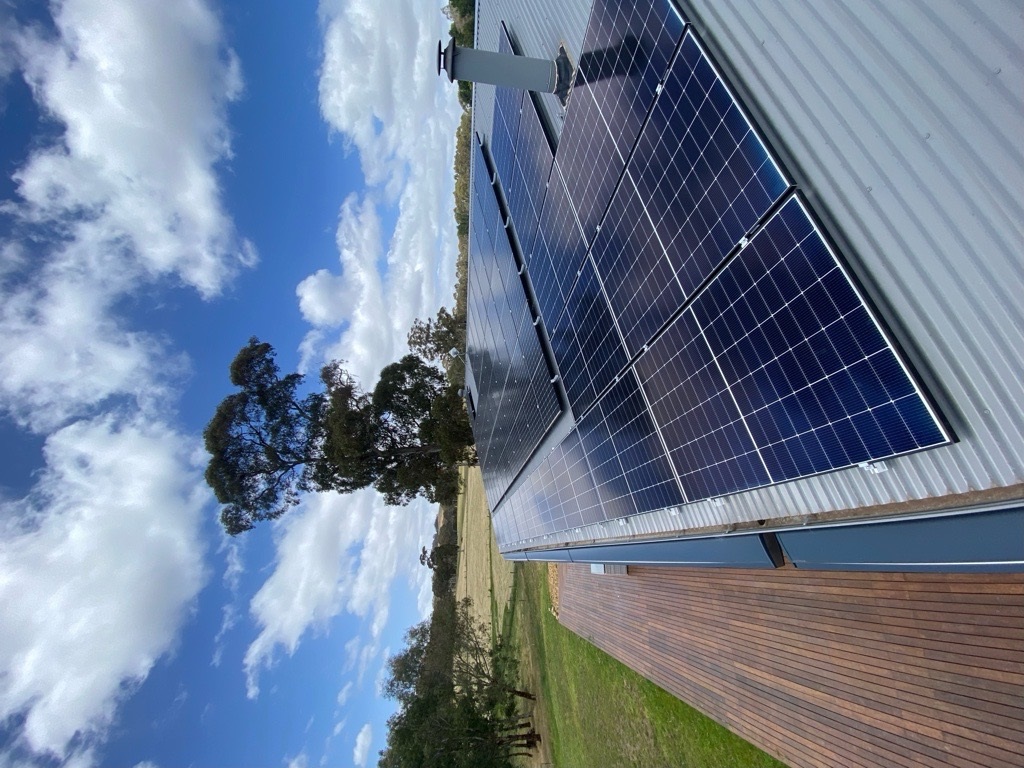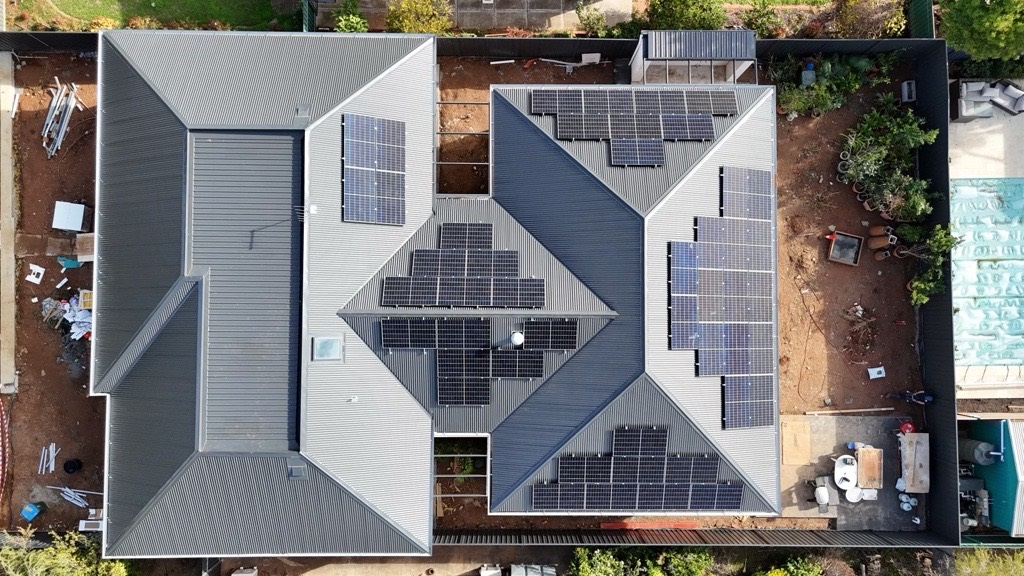
Is Going Solar Still a Good Financial Move in 2025?
With electricity prices rising and renewable energy targets ramping up, many Australian homeowners are asking the big question: Is going solar still a smart financial move in 2025?
The short answer is yes – but it’s important to understand exactly how and why solar still makes financial sense, what rebates are available this year, and how to ensure your investment pays off long-term.
Why Solar Continues to Be Financially Attractive
Australia remains one of the best countries in the world for solar power due to our abundant sunshine, supportive policies, and ever-improving solar technology. Here are the top reasons why going solar remains a good financial decision in 2025:
1. Rising Electricity Prices
Power prices in Australia have increased significantly over the past decade. Even with wholesale prices stabilising slightly in some states, retail prices remain high due to:
1. Network and infrastructure costs
2. Rising demand during peak periods
- The ongoing energy market transition
Installing solar reduces your reliance on the grid, protecting you from these price hikes for decades.
2. Short Payback Periods
In 2025, the average payback period for a standard residential solar system is 3–6 years, depending on:
1. System size and cost
2. Your daily energy consumption
3. State feed-in tariff rates
Considering most solar systems last 20–25 years, that’s 15+ years of near-free electricity once you break even.
3. Federal Rebates Are Still Available
The Small-scale Renewable Energy Scheme (STCs) continues to reduce upfront costs. While the rebate amount reduces slightly each year, in 2025 you can still save thousands off your system cost, depending on:
1. Your system size (larger systems generate more STCs)
2. Your location (zone rating for solar output)
For example, a 6.6kW system in Adelaide or Perth might receive a rebate worth $2,500–$3,000 this year.
4. Battery Rebates Make Storage More Affordable
The Federal Government’s Cheaper Home Battery Program (2025) provides additional rebates on approved solar battery systems. Adding a battery helps you:
1. Store excess solar energy for night-time use
2. Avoid expensive evening peak rates
3. Gain blackout protection if you choose backup-capable batteries
Combined with solar, batteries are becoming financially viable faster than ever before.
How Much Can You Save With Solar in 2025?
Let’s take a typical example:
1. System Size: 6.6kW
2. Average Cost (after rebate): $5,500–$7,000
3. Average Annual Savings: $1,200–$1,800
This means payback in 4–6 years, then $15,000–$25,000 total savings over 20 years depending on energy usage and tariff rates.
Factors That Influence Your Solar ROI
To maximise your return on investment:
1. Use more power during the day: The more solar energy you consume directly, the greater your savings.
2. Choose quality products: Cheap panels and inverters might save upfront but cost more in repairs or underperformance later.
3. Get a battery if it suits your needs: Batteries add cost but can save you more if you use most of your energy in the evenings.
4. Select a reputable installer: Poor installation can reduce efficiency, void warranties, and create safety risks.
Will Feed-in Tariffs Still Make Solar Worthwhile?
Feed-in tariffs (FiTs) have dropped over recent years, but they still provide value. In South Australia and Western Australia, FiTs currently range between 5–10 cents per kWh. While exporting excess solar energy earns less than it did a decade ago, the main savings come from self-consuming your solar power rather than exporting it.
Environmental Benefits Add to the Value
Beyond financial savings, solar energy helps reduce your household’s carbon footprint. For many Australians, supporting the country’s clean energy future and reducing reliance on fossil fuels is just as important as the financial benefits.
Common Concerns About Going Solar in 2025
Will the rebate end soon?
STCs reduce gradually each year until 2030, but rebates are still available in 2025 and continue to make solar cost-effective.
What if I plan to move?
Solar adds value to your property. Many buyers see an existing solar system as a major bonus.
Is battery technology ready yet?
Modern lithium batteries are highly reliable and safe. Costs continue to fall, and with current rebates, batteries are becoming financially viable for more households.
Why Choose AR Energy for Your Solar Investment?
At AR Energy, we specialise in designing solar and battery systems tailored to South Australian homes. We offer:
1. CEC-accredited products and SAA – accredited installers
2. Honest advice on system sizing and future-proofing
3. Seamless rebate processing to reduce your upfront costs
4. Ongoing support and maintenance for long-term performance
We’re here to ensure your solar investment is safe, reliable, and financially rewarding for decades to come.
Final Thoughts
So, is going solar still a good financial move in 2025?
The answer is a clear yes. With electricity prices continuing to rise, government rebates still available, and technology improving each year, installing solar remains one of the smartest investments for Australian homeowners.
Not only can you reduce your power bills significantly and protect yourself from future price hikes, but you’ll also add value to your property and contribute to a cleaner, more sustainable future.
If you want to take control of your energy costs, now is the ideal time to explore your options and see how solar can work for your home.



